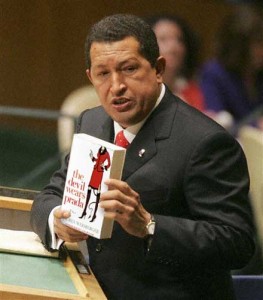On Saturday January 10th, I went to a meeting of the Brisbane branch of the Digital Liberty Coalition, and came away with the job of drafting a leaflet for the next small public protest, planned for Australia Day.
The leaflet needs to reflect the strategy of the anti-censorship campaign. After the December 13th 2008 rallies in six capital cities, plus the one in Hobart a week later, some very useful debate about strategy and tactics cropped up. I want this article to bring that debate to as wide an audience as possible, and I want to use that debate to draft the leaflet. There are several different possible strategies, and we need to know what people think is the most effective one.
Using the terms “Clean Feed” and “filtering” instead of “censorship”
I brought up this topic at the meeting last night, after this comment about the December 13th 2008 rally in Melbourne:
Several speakers and posters referred to internet “filtering”.
That, like the “no cleanfeed” campaign name, reflects success of the enemy’s slick marketing strategy which has involved spending millions to spread the concept of “internet safety” – and similar doublespeak.
Other speakers did not mention filtering and spoke only of “censorship”. I suspect the organizers understand the point, and are trying to make the shift, but have not yet grasped the fact that making the shift itself requires open discussion/debate of the difference at rallies – ie take the opportunity of those speakers or posters referring to filtering to explain the purpose of a policy of never referring to filters, but only to censorship.
Also, such policies need to be debated at organizing meetings and formally adopted, so people fully understand (and can change) the tactics.
The Government’s tactics are based on getting people to assume that the Internet is dangerous and dirty, and that people need to Government to clean it up for them. I agree with the argument that using words like “clean feed” and “filter” put us on the back foot. I think that use of those words should be discouraged by people campaigning against the Government’s censorship plans.
Continue reading ‘Stopping Australian Internet Censorship: Strategy Discussion #nocensorship #nocleanfeed’
 Getting out there and defending social ownership has numerous challenges. One of them is the need to disown various past and present regimes in Third World backwaters that give the idea a bad name. There hadn’t been any new ones for a while, and then along came Hugo Chávez in Venezuela with his “Bolivarian Revolution” and “21st Century Socialism”.
Getting out there and defending social ownership has numerous challenges. One of them is the need to disown various past and present regimes in Third World backwaters that give the idea a bad name. There hadn’t been any new ones for a while, and then along came Hugo Chávez in Venezuela with his “Bolivarian Revolution” and “21st Century Socialism”.
This topic seems a good reminder about the hazards of prediction in commenting on the latest Israeli outrage.
Not having been following events recently, let alone expected the latest, its difficult to be confident in analysing what’s going on.
But for what it’s worth, the parallels with both the previous murderous assault on Lebanon and Nixon’s Christmas bombing of Hanoi, again strike me as eerie.
As was obvious at the time, though hardly noticed, the main point of killing a thousand or so Lebanese was to establish a clear understanding among all but the looniest sections of Israeli opinion, of the fact that it’s pointless, that the old policies have failed and they will have to back off generally.
Continue reading ‘Zombies march on Gaza’